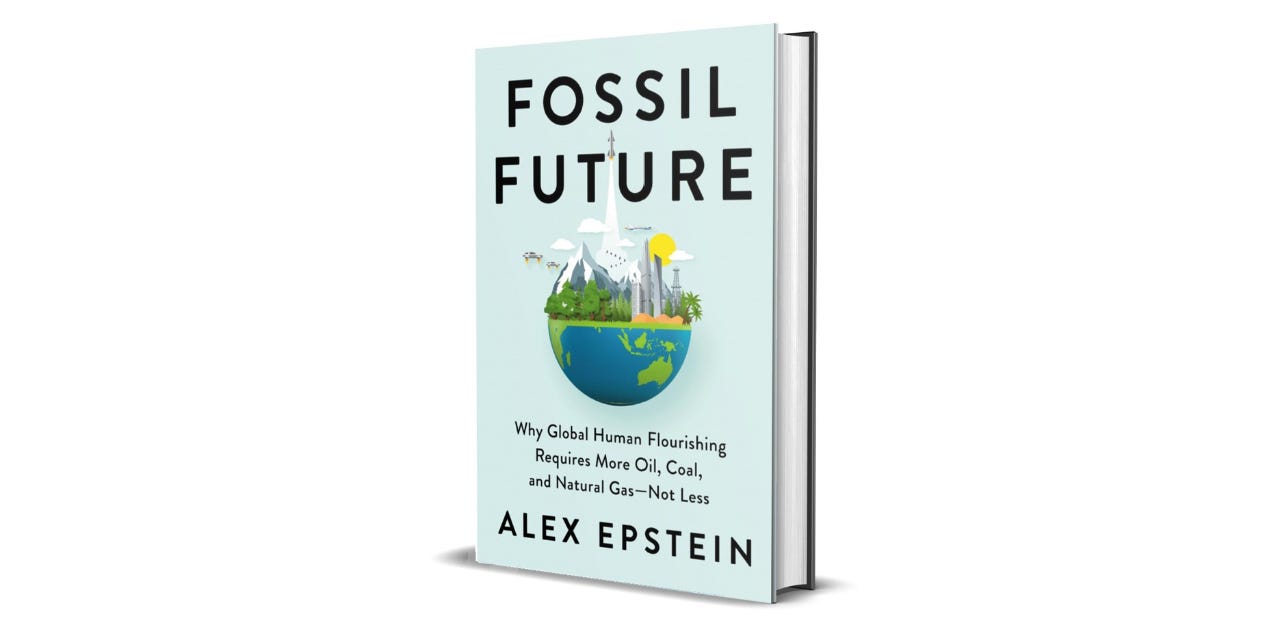Alex Epstein’s Fossil Future addresses dozens of complex empirical literatures. It would take years for me to read them all, and I don’t feel like I have these years to spare. I am however willing to run a random audit.
Two audits, actually.
Here’s what I propose: In the comments, nominate narrow empirical issues that you suspect Epstein covers in a biased manner. Tell me exactly what I should read on the other side, but try to keep the reading recommendations short.
Before long, I will…
Assemble a list of your nominations.
Set up a survey of the candidates.
Read up on the two topics that get the most votes.
Closely compare Epstein’s exact claims with the evidence the nominators decided to highlight.
Publish the results of my audit.
Again, please only nominate narrow empirical topics, like “rising sea levels” or “innovations in wind technology.” And please include relevant reading recommendations if you have any.





I LOVE this idea! The thing that bothers me most about Fossil Future is that it confirms all my biases. That's a real red flag for me. I can't possibly be that right about anything!
Epstein does not challenge the basic premise that rising CO2 levels have increased global temperature, though he does challenge the more apocalyptic predictions. Rather, he argues that no matter whether earth gets warmer, cooler, or stays the same, there is no substitute for the use of fossil fuels to advance human flourishing and achieve "climate mastery" -- i.e., the ability to cope with climate problems no matter what they might be.
At root his argument is not about the science but about the moral premises we use to interpret the science -- specifically, about (1) the importance of a pro-human moral perspective and (2) the fallacy of focusing solely on the negative side-effects of fossil fuel use while ignoring their enormous life-or-death benefits.